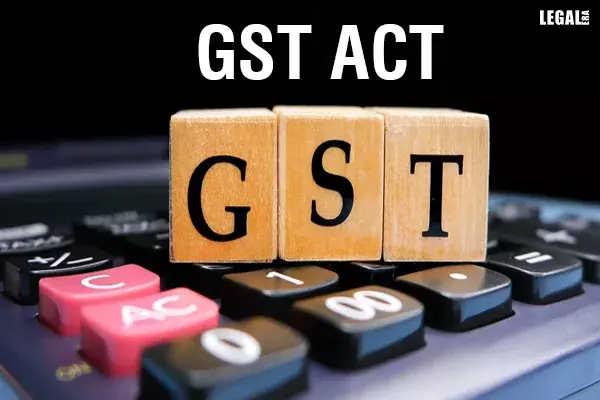Kerala High Court: CGST Act has an Inbuilt Mechanism and Impliedly Excludes the Application of the Limitation Act
The Kerala High Court has held that Section 107 of the Central Goods and Services Tax (CGST) Act is an inbuilt mechanism;

Kerala High Court: CGST Act has an Inbuilt Mechanism and Impliedly Excludes the Application of the Limitation Act
The Kerala High Court has held that Section 107 of the Central Goods and Services Tax (CGST) Act is an inbuilt mechanism and has impliedly excluded the application of the Limitation Act.
The single judge Justice C.S. Dias remarked that it is trite, that the Limitation Act will apply only if it is extended to the special statute.
The factual matrix of the case is that the assessee/petitioner is a firm engaged in direct marketing. The petitioner had a Goods and Services Tax GST registration. Due to the COVID-19 pandemic, the petitioner’s business got affected and was prevented from filing the returns on time. The respondents cancelled the GST registration. Even though the petitioner preferred an appeal before the Additional Commissioner Headquarters (Appeals). The appeal was rejected on the ground of delay.
The petitioner argued that it was only due to the COVID-19 pandemic that he was prevented from filing the return on time. The petitioner’s appeal was perfunctorily rejected by the respondent.
The department was of the considered view that by virtue of Section 29(2)(c) of the Central Goods and Services Tax Act, 2007, the proper officer has the power to cancel the GST registration if the registered person does not file the returns for such continuous period as may be prescribed, which at that point of time was six months.
If the person is aggrieved by the cancellation, his remedy is to file an appeal under Section 107. However, the appeal must be filed within the time frame prescribed under Section 107(4), that is, three or six months with a further period of one month. An appeal filed beyond the permitted time is dismissed as time-barred.
In this regard the Court observed, “The Central Goods and Services Tax Act is a special statute and a self-contained code by itself. Section 107 is an inbuilt mechanism and has impliedly excluded the application of the Limitation Act. It is trite, that the Limitation Act will apply only if it is extended to the special statute. It is also rudimentary that the provisions of a fiscal statute have to be strictly construed and interpreted.”
The Court on perusal of the language of Section 107(4) and noting the factual and legal background, the judge was of the view that there was no illegality in the action of the 1st respondent in rejecting the appeal as time-barred. Accordingly, the Court dismissed the writ petition.


